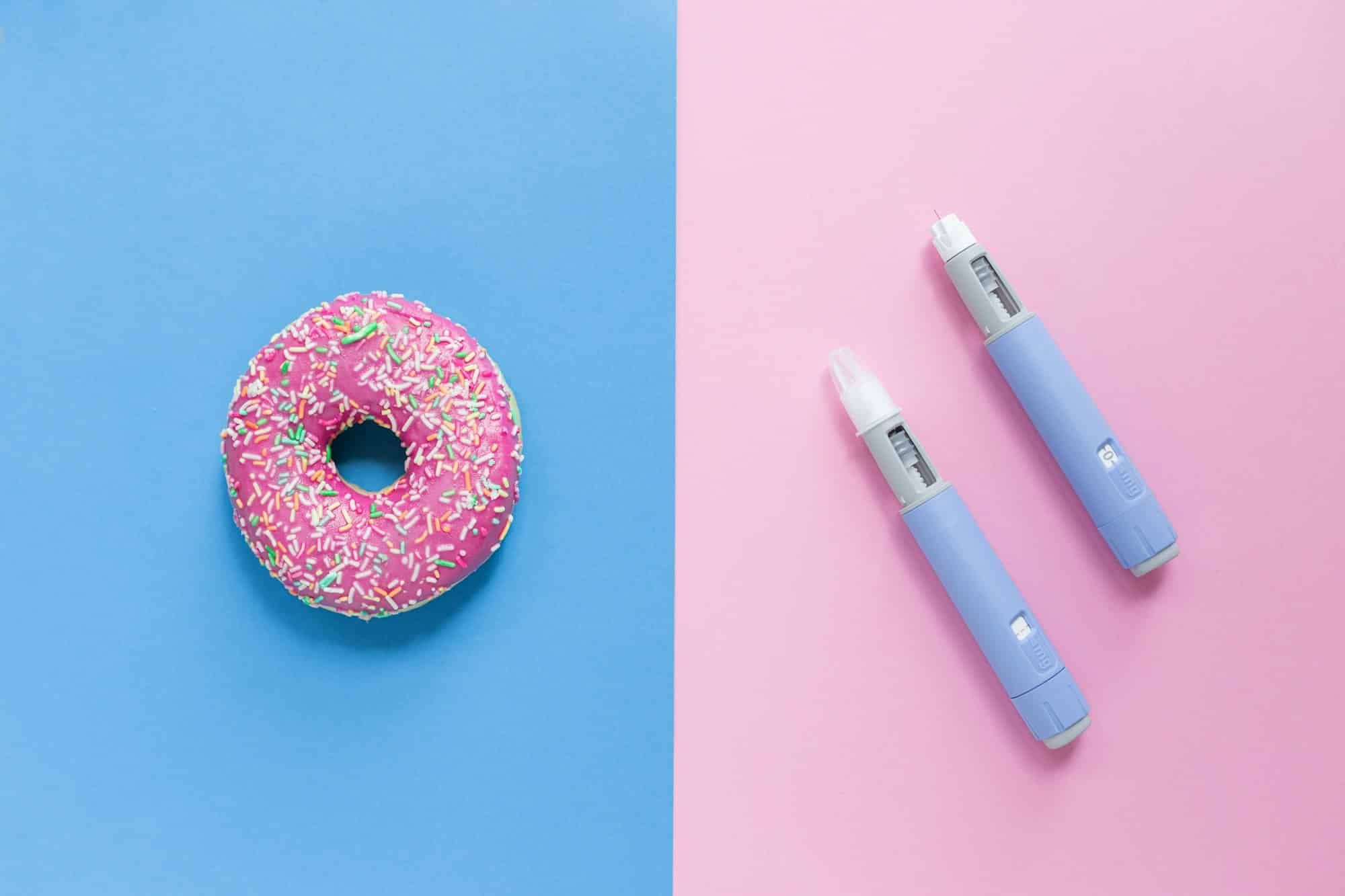Weight loss injections like Ozempic and Wegovy and the newer dual GLP-1/glucose dependent insulinotropic peptide like Mounjara have shown explosive growth across the US with 20 % and more weight loss. But what happens when they are stopped?
Q: What happens when weight loss injections are stopped?
In studies of weight loss, 1/3 of people discontinued the medications, and in the real world about 50-75 % at 12 months. This usually results in rapid weight gain in absence of healthy diet and exercise. In 2 large studies, STEP 1 and STEP 2, 65 % of the weight loss was regained after stopping the injectables. This in turn worsened metabolism, and both blood pressure and cholesterol went up. There may even be a higher risk of heart or cardiovascular disease with the ups and downs of “weight cycling,” or weight loss followed by weight gain.
Q: Is weight loss injectables like Ozempic worth taking if the weight comes back?
Yes, if the weight loss can be maintained after the medication is stopped, then worth taking as weight loss is very beneficial to your health. It reduces the risk of diabetes, heart disease, high blood, lowers cholesterol and a host of other benefits. The downside is that it is not a “magic bullet.” In fact, a study showed while 45 % of US adults were interested in trying injectables for weight management when they heard about the weight gain only 15 % were still willing to try.
Q: What is “weight cycling,” and what are the risks?
Weight cycling is the up and down that happens when weight loss is followed by weight gain. This could result in a condition called sarcopenia or progressive loss of muscle mass and strength as the lean muscle mass lost may not be regained with sudden increase in weight. Obesity itself places a person at higher risk for sarcopenia and rapid cycling even higher.
If you have questions, AskDoctorH. We are here to help. For more detailed information on weight loss injections, go my Blogs.




 Have Questions? AskDoctorH
Have Questions? AskDoctorH